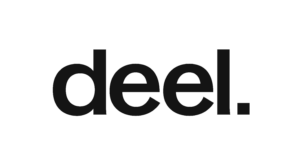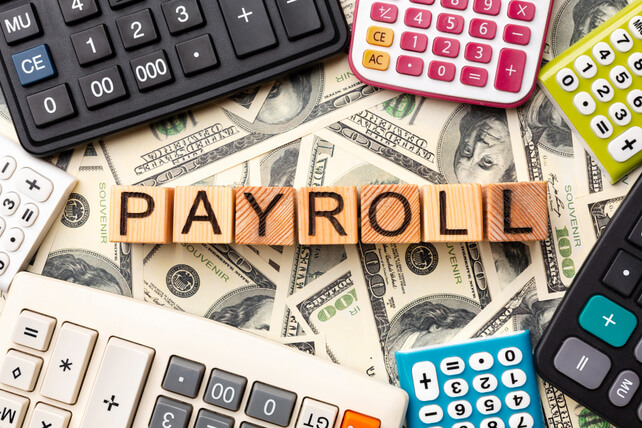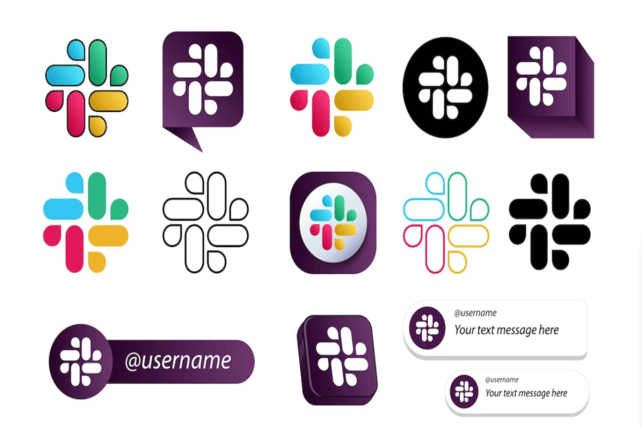In today’s fast-paced business environment, managing payroll efficiently is crucial for enterprises of all sizes. Whether you have a small team or a large workforce, using the right payroll software can save time, reduce errors, and ensure compliance with tax regulations. In this article, we’ll explore the ten best enterprise payroll software solutions for 2025, each offering a unique set of features to streamline your payroll processes and empower your HR department.
Top 10 Payroll Software for Enterprise Businesses in 2025
1. Deel

Deel is an all-in-one platform that specializes in global payroll, compliance, and HR services, making it an attractive choice for enterprises expanding internationally.
Key Features:
- Compliant global payroll
- Contractor management
- Document management
- Transparent pricing
- Seamless integration
2. Paylocity

Paylocity is a cloud-based payroll and HR software that focuses on user experience. It’s designed to streamline processes for businesses and includes features like payroll processing, time tracking, and benefits management.
Key Features:
- Payroll processing with accuracy guarantees.
- Benefits Administration
- Employee scheduling.
- Workflows and Document Management
- Employee Recognition and Rewards
3. Papaya Global

Papaya Global is a cloud-based global payroll and workforce management platform designed to simplify and automate the complexities of managing a global workforce.
Key Features:
- Global compliance
- Payroll automation
- Employee self-service portals
- Integrate with other HR tools
- Analytics and reporting
4. Quickbooks Payroll

QuickBooks is a trusted name in accounting, and its payroll software integrates seamlessly with QuickBooks accounting software. It’s user-friendly and ideal for small to medium-sized businesses.
Key Features:
- Seamless integration with QuickBooks accounting software.
- Payroll tax calculations and filings.
- Customizable reports and paystubs.
- Employee time tracking.
5. Paychex Flex

Paychex Flex offers a wide range of payroll and HR services, including tax management and employee self-service portals. It’s designed for businesses of all sizes and is especially popular among mid-sized enterprises.
Key Features:
- Scalable payroll and HR solutions.
- Automated payroll processing.
- Tax services and compliance.
- Employee benefits management.
6. UltiPro

Now part of the Ultimate Kronos Group (UKG), UltiPro is renowned for its robust payroll and HR management features. It’s highly customizable and adaptable for large enterprises.
Key Features:
- End-to-end HCM (Human Capital Management) platform.
- Payroll and tax management.
- Employee performance and talent management.
- Predictive analytics.
7. BambooHR

BambooHR is a renowned name in the realm of HR software, and its payroll module is equally impressive. This cloud-based platform is known for its user-friendly interface and robust feature set, making it an excellent choice for enterprises.
Key Features:
- HRIS (Human Resource Information System) with payroll.
- Employee record management.
- Self-service portals for employees.
- Customizable workflows and reporting.
8. Ceridian Dayforce

Ceridian Dayforce is a global HR and payroll platform known for its compliance capabilities and real-time analytics. It’s an excellent choice for multinational enterprises.
Key Features:
- Unified payroll, HR, and talent management.
- Real-time analytics and insights.
- Compliance monitoring and reporting.
- Employee benefits administration.
9. Zenefits

Zenefits is a cloud-based HR and payroll software that’s particularly suitable for startups and small businesses. It simplifies HR tasks, including payroll processing, benefits administration, and compliance.
Key Features:
- All-in-one HR and payroll platform.
- Employee self-service and onboarding.
- Time and attendance tracking.
- Benefits administration.
10. Namely

Namely is another top-tier choice for enterprises looking for comprehensive HR and payroll software. With its robust suite of features and customization options, Namely is designed to meet the unique needs of large organizations.
Key Features:
- Cloud-based payroll and HR software.
- Employee engagement tools.
- Compliance and reporting.
- Performance management.
How to Chose the Best Payroll Software for Enterprise Business
Choosing the best enterprise payroll software is a critical decision that can significantly impact your organization’s efficiency and compliance. We’ll guide you through the process of selecting the perfect payroll software solution for your enterprise.
Assess Your Business Needs
The first step in choosing the best enterprise payroll software is to assess your specific business needs. Consider factors such as the size of your organization, the number of employees, and the complexity of your payroll processes. You should also think about whether you need additional features like HR management, time tracking, benefits administration, or tax compliance. Understanding your unique requirements will help you narrow down your options.
Scalability
When selecting enterprise payroll software, it’s crucial to think long-term. Your business is likely to grow, so choose a solution that can scale with you. Scalability ensures that your software can handle an increasing number of employees, tax regulations, and complex payroll scenarios without requiring a complete overhaul of your system.
Compliance and Tax Features
Payroll involves navigating a maze of tax regulations, deductions, and compliance requirements. Look for software that offers robust tax calculation and reporting features. Ensure that the software can handle federal, state, and local tax regulations and can adapt to changes in tax laws seamlessly. Compliance with labor laws and industry-specific regulations should also be a top priority.
User-Friendly Interface
A user-friendly interface is essential for efficient payroll management. Your HR and finance teams should be able to easily navigate the software, enter data, and generate reports without extensive training. Consider conducting demos or trials to gauge the ease of use and intuitiveness of the software’s interface.
Integration Capabilities
Your enterprise payroll software should seamlessly integrate with other systems and software you use, such as accounting software, time and attendance systems, and HR management tools. Integration streamlines data transfer, reduces manual entry errors, and enhances overall efficiency. Make sure the software supports the necessary integrations for your organization.
Data Security and Compliance
Payroll data is sensitive and must be protected. Ensure that the software you choose adheres to strict data security standards and provides features like data encryption, user access controls, and regular security updates. Additionally, check if the software complies with GDPR, HIPAA, or other relevant data protection regulations if applicable to your business.
Reporting and Analytics
Effective payroll software should offer robust reporting and analytics capabilities. Look for a solution that provides customizable reports, real-time insights, and the ability to export data for further analysis. Access to detailed payroll reports can help you make informed decisions and improve payroll accuracy.
Cost Considerations
Understand the total cost of ownership for the payroll software. Consider not only the initial purchase price but also ongoing subscription fees, implementation costs, and any potential hidden charges. Compare pricing models, and determine which one aligns best with your budget and needs.
Conclusion
Selecting the right enterprise payroll software for your business depends on various factors, including the size of your workforce, your specific payroll needs, and your budget. It’s essential to evaluate these options thoroughly and consider factors like ease of use, scalability, compliance capabilities, and integration with other software solutions in your organization. With the right payroll software, your enterprise can streamline payroll processes, reduce errors, and focus on more strategic HR initiatives in 2025.















